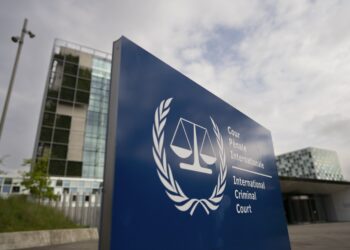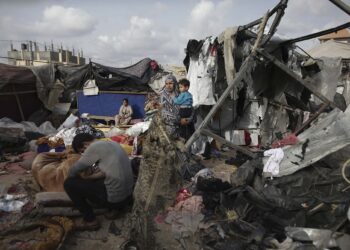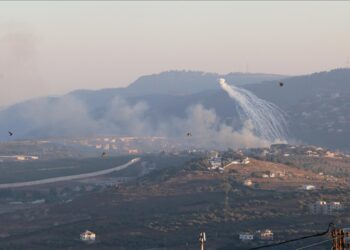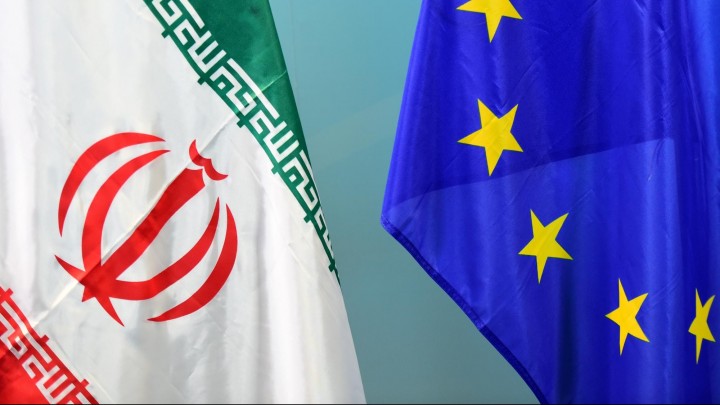Human Lives Human Rights: In a contentious decision, the Israeli Supreme Court has sanctioned the punitive destruction of the residence belonging to a 13-year-old Palestinian youth, who has been held in pre-trial detention under contested charges. The court’s ruling, delivered today, underscores Israel’s open disregard for international law, permeating various state institutions.
The case revolves around Mohammed Zalabani, who, in February 2023, was involved in an incident where he allegedly stabbed an Israeli border police officer while aboard a bus at a checkpoint within the Shu’afat refugee camp in occupied East Jerusalem. Subsequently, an inadvertent gunshot from a private Israeli security guard led to the officer’s demise, as confirmed by an autopsy.
Despite clear evidence pointing to the shooting as the cause of death, Mohammed Zalabani was accused of murder, marking him for trial within a juvenile facility. Responding to the incident, the Israeli military directed the punitive razing of the Zalabani family’s third-floor apartment in Shu’afat. This action, which affects not only Mohammed’s parents but also his three siblings, including a toddler, was contested by the Israeli human rights organization HaMoked. However, the Supreme Court dismissed the petition, raising concerns about Israel’s compliance with international law.
The practice of punitive demolitions, frequently accompanied by forceful military operations causing collateral damage, violates human rights and constitutes a breach of the Fourth Geneva Convention. The latest verdict highlights Israel’s unwavering defiance of international norms and the role of its Supreme Court in perpetuating apartheid-like practices against Palestinians.
Despite the fact that Mohammed Zalabani’s family members were uninvolved in the incident, they now face the grim prospect of losing their home—a vengeful act detached from justice or the rule of law. Meanwhile, Mohammed himself, still a child, remains detained and exposed to a potential extended sentence for a crime he is said to be innocent of.
The prosecuting authority’s admission that Mohammed acted independently, and his family had no foreknowledge of the attack, further underscores the injustice of their predicament.
These punitive demolitions, frequently carried out in the Occupied Palestinian Territories, are accompanied by violent military actions that leave neighboring homes severely damaged. This practice inflicts fear and insecurity throughout Palestinian communities, forming part of a broader strategy by Israeli authorities to subdue and dominate the Palestinian population.
Israeli authorities consistently employ punitive demolitions against the families of Palestinians involved in alleged or actual attacks against Israeli forces or civilians. The Supreme Court routinely sanctions these measures, arguing their deterrent effect on future attacks. Notably, the practice had been suspended in 2005 due to its ineffectiveness, only to be reinstated in 2014. Since then, countless Palestinians have lost their homes as a result.
These demolitions flagrantly contravene international law, constituting both a violation of the Fourth Geneva Convention and a war crime under the Rome Statute of the International Criminal Court. Global bodies such as the UN Human Rights Committee and the Committee on Economic, Social and Cultural Rights have called for an end to this practice. While Israeli law sets the age of criminal responsibility at 12, the UN Committee on the Rights of the Child advocates for its increase to a minimum of 14 years.


















